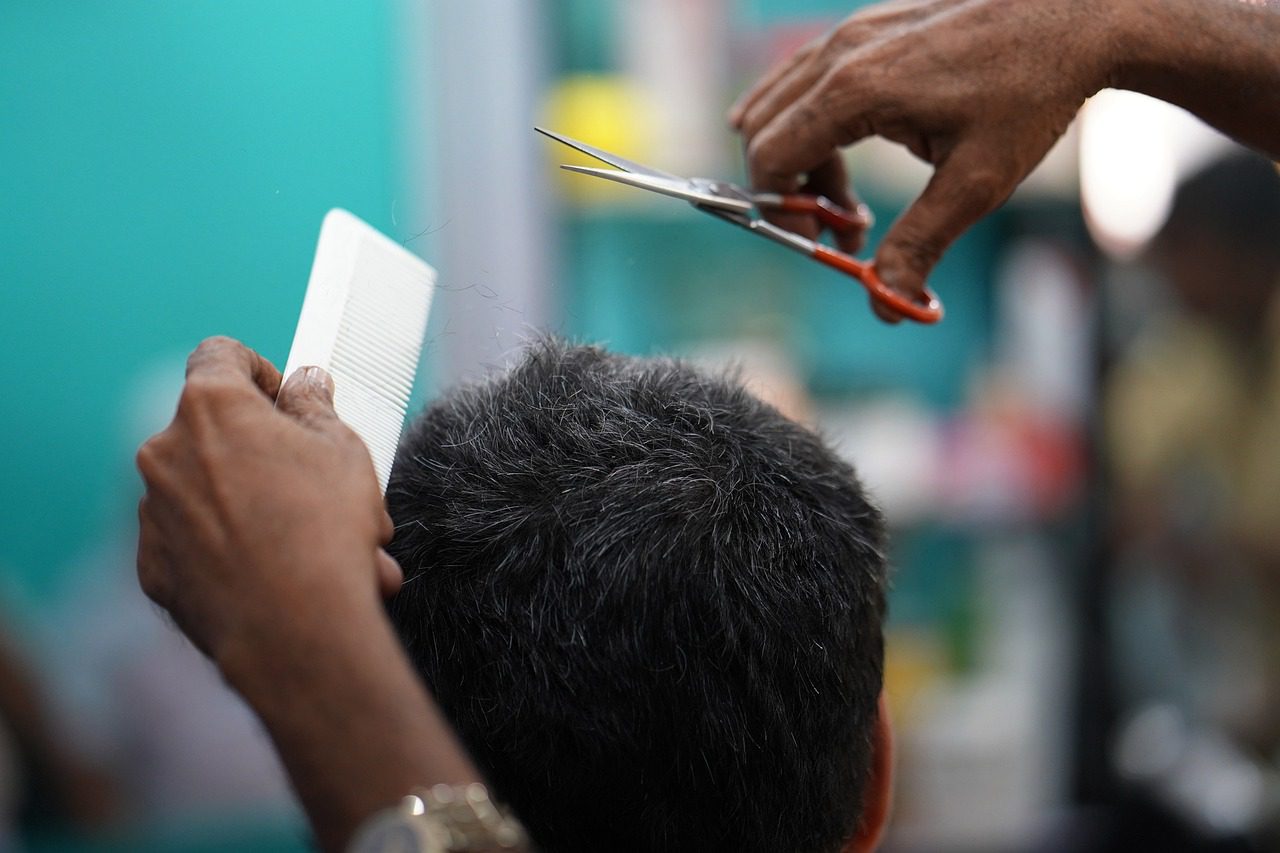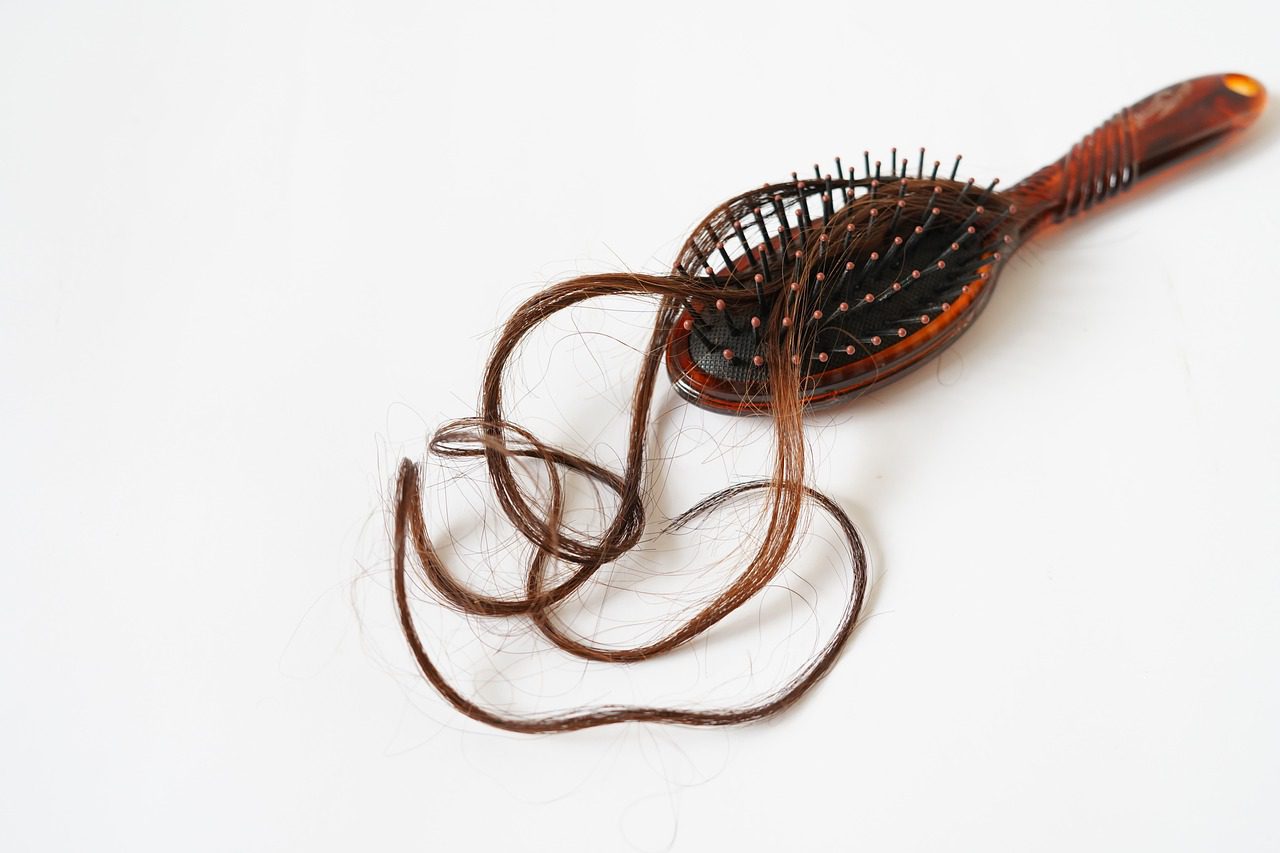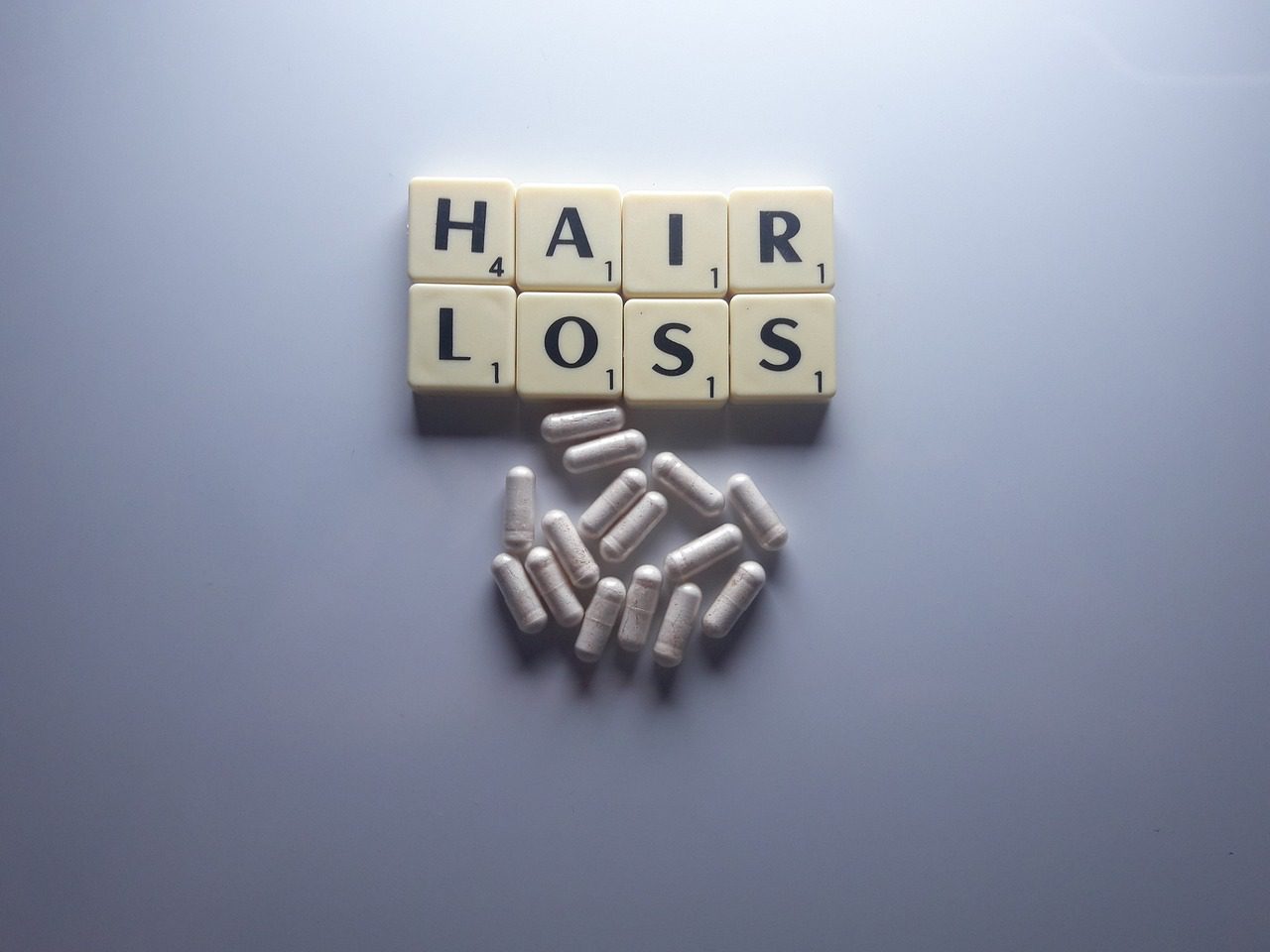



A comprehensive guide to help men tackle hair loss and regain their self-assurance with effective treatment options and strategies.
Are you tired of constantly worrying about your thinning hair? Do you feel like your confidence has taken a hit because of hair loss? You’re not alone. Hair loss is a common concern among men, but the good news is that there are effective treatment options available to help you combat this issue and get your confidence back.
In this ultimate guide, we will dive deep into the causes of hair loss in men and explore the various factors that contribute to it. From genetics to hormonal imbalances and lifestyle choices, understanding the root cause of your hair loss is crucial in determining the right treatment approach.
Next, we will discuss the most popular hair loss treatments for men. From medications and topical solutions to hair transplant surgery and laser therapy, we will provide an overview of how these options work and their potential benefits and risks. Armed with this knowledge, you can make an informed decision about which treatment option is best for you.
In addition to medical treatments, we will also explore lifestyle changes and natural remedies that can complement your hair loss treatment. From making dietary adjustments to practicing stress management and proper scalp care, these strategies can promote healthy hair growth and enhance the effectiveness of your chosen treatment.
So, if you’re ready to take control of your hair loss and regain your confidence, this ultimate guide is here to help. Say goodbye to self-doubt and hello to a fuller, healthier head of hair!


Table of Contents
ToggleUnderstanding the causes of hair loss is crucial in finding effective treatment options. There are several factors that contribute to hair loss in men, including genetics, hormonal imbalances, and lifestyle choices. Genetics play a significant role, with male pattern baldness being the most common form of hair loss in men. Hormonal imbalances, such as an excess of dihydrotestosterone (DHT), can also lead to hair loss. Lifestyle choices, such as smoking, excessive alcohol consumption, and poor nutrition, can further exacerbate the problem.
Identifying the root cause of hair loss is essential in determining the most suitable treatment. Consulting with a healthcare professional or a dermatologist can help pinpoint the underlying factors contributing to hair loss. They may conduct tests to assess hormone levels, nutrient deficiencies, and scalp health. Once the cause is identified, appropriate treatment options can be explored to address the specific issue and promote hair regrowth.


When it comes to popular hair loss treatments for men, there are several options to consider. These treatments have been proven effective in helping men combat hair loss and stimulate hair regrowth. Here are some of the most common and widely used treatments:
It’s important to note that the effectiveness of these treatments may vary from person to person. Consulting with a healthcare professional or a hair loss specialist can help determine the most suitable treatment option based on individual needs and preferences.


Lifestyle changes and natural remedies can play a significant role in complementing medical treatments and promoting healthy hair growth. By making certain modifications to your daily routine and incorporating natural remedies, you can enhance the effectiveness of hair loss treatment for men.
One important aspect to consider is stress management. High levels of stress can contribute to hair loss, so finding effective ways to reduce stress is crucial. This can include practicing relaxation techniques such as meditation or yoga, engaging in regular exercise, or pursuing hobbies that bring joy and relaxation.
Proper nutrition is also essential for healthy hair growth. A well-balanced diet rich in vitamins and minerals, particularly those that support hair health, can make a significant difference. Foods like salmon, eggs, spinach, and nuts are known to be beneficial for hair growth and should be incorporated into your diet.
In addition to lifestyle changes, there are natural remedies that can be used to promote hair growth. These can include the application of essential oils, such as rosemary or lavender, to the scalp, or the use of herbal supplements like saw palmetto or pumpkin seed oil. It is important to consult with a healthcare professional before using any natural remedies to ensure they are safe and suitable for your specific condition.
Lastly, taking good care of your scalp is essential for maintaining healthy hair. Regularly washing and exfoliating the scalp can help remove excess oil, dead skin cells, and product buildup, creating a healthy environment for hair growth. Avoiding harsh chemical products and using gentle, natural shampoos and conditioners can also contribute to maintaining a healthy scalp.
By incorporating these lifestyle changes and natural remedies into your hair loss treatment plan, you can optimize the results and promote healthier, stronger hair growth. Remember to consult with a healthcare professional or a qualified specialist to determine the most suitable options for your individual needs.
